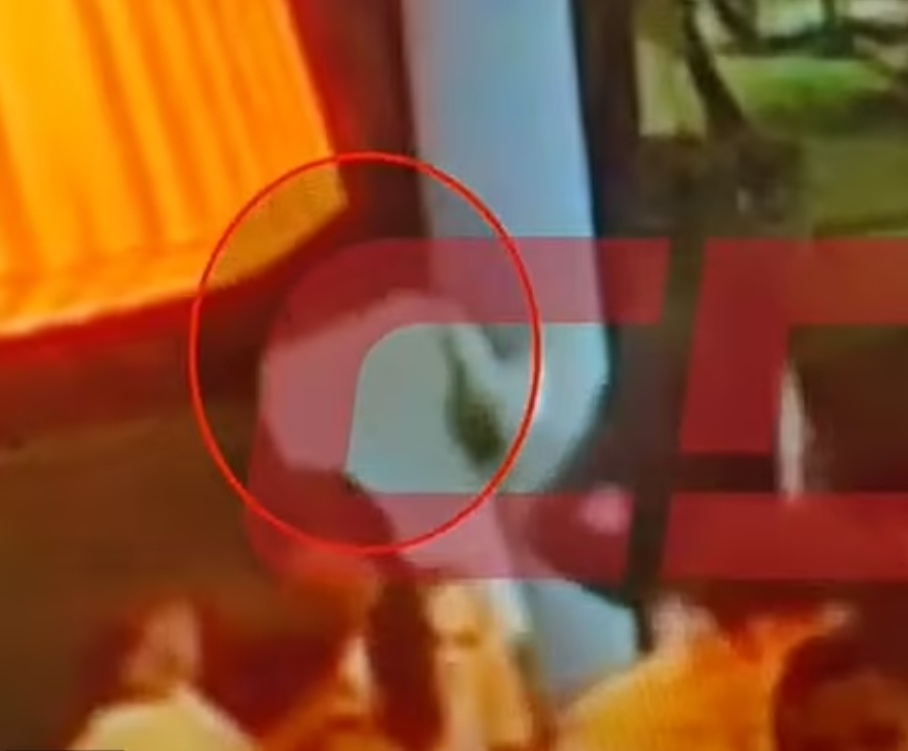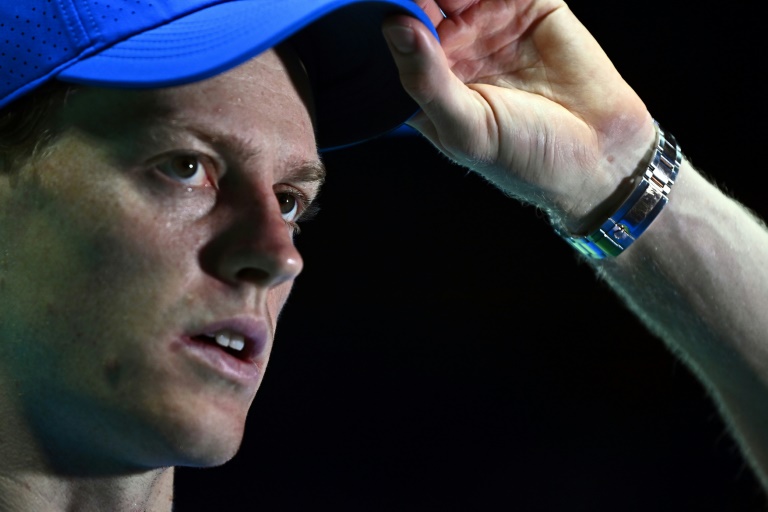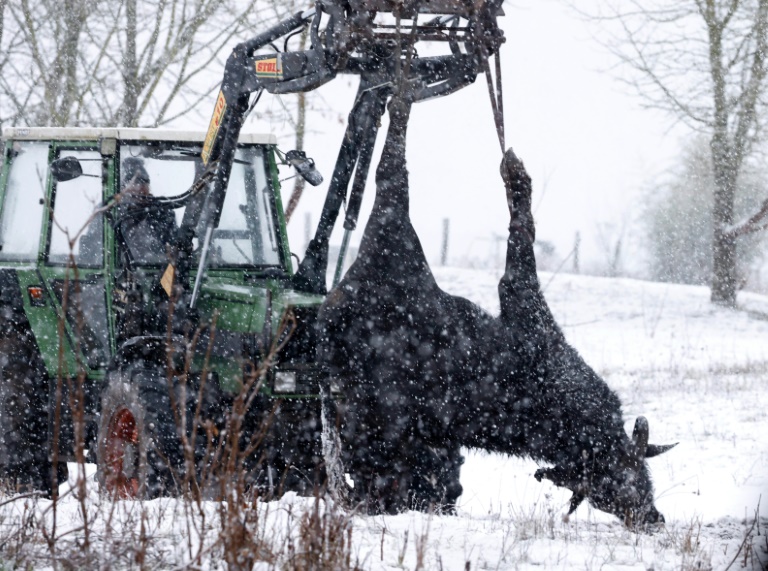A Manhattan judge on Friday sentenced Donald Trump to no penalty on his conviction for hiding a “hush money” payment he used to cover up a sex scandal ahead of an election. The ruling will make Trump the first convicted felon to be sworn in as US president. However, the ruling ensures that Trump will not face any jail time, financial penalties, or probation.
Justice Juan Merchan, who presided over the high-profile and much-publicized trial, heard evidence that Trump made payments to adult film star Stormy Daniels and Playboy model Karen McDougal to silence allegations of past affairs from his voters. The Queens-born politician was sentenced to an “unconditional discharge.”
Trump Learns His Fate
X
This decision makes Trump the first U.S. president to assume office as a convicted felon when he is sworn in ten days from now. Judge Merchan said that the sentence respects the principle of presidential immunity, which will take effect after Trump’s inauguration on January 20.
“Sir, I wish you Godspeed as you assume a second term in office,” Merchan said.
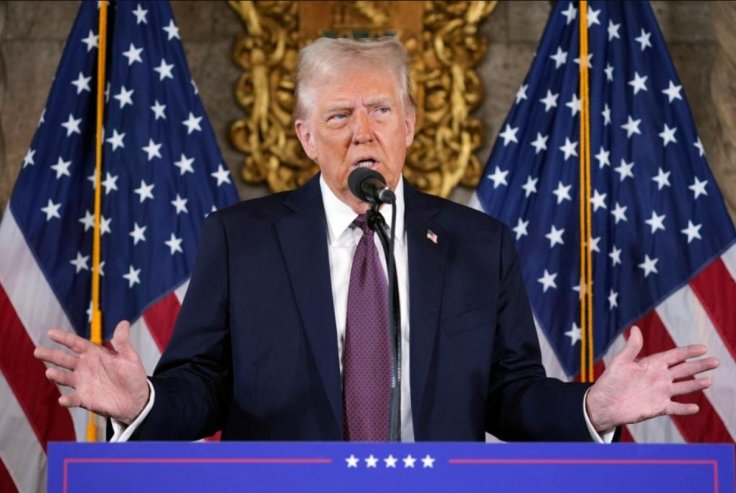
X
Similar lenient sentences have been granted to minor offenders in New York, such as attorneys with unpaid taxes, speeding drivers, and people caught trespassing.
Despite persistent attempts by Trump’s legal team to postpone or block the sentencing, including a last-minute appeal to the Supreme Court, he was required to attend the hearing on Friday.
Trump, 78, attended in the sentencing remotely via video from Florida, positioned in front of two American flags. This session highlights his soon-to-be historic distinction as the first U.S. president to be convicted of felony charges.
Nevertheless, the ruling also paves the way for him to challenge the guilty verdict, which he argues was the result of a politically motivated “witch hunt.”

X
Manhattan District Attorney Alvin Bragg, who has taken pride in being the first prosecutor to bring a sitting president to trial, was present at the hearing, sitting in the second row.
Before the sentencing, Trump blasted the case as an “injustice” and reiterated his belief that it was part of a “witch hunt.”
Trump Still Unhappy
“This is a case that should have never been brought, it’s an injustice, of justice,” he said. “The fact is, I’m totally innocent, I did nothing wrong.”
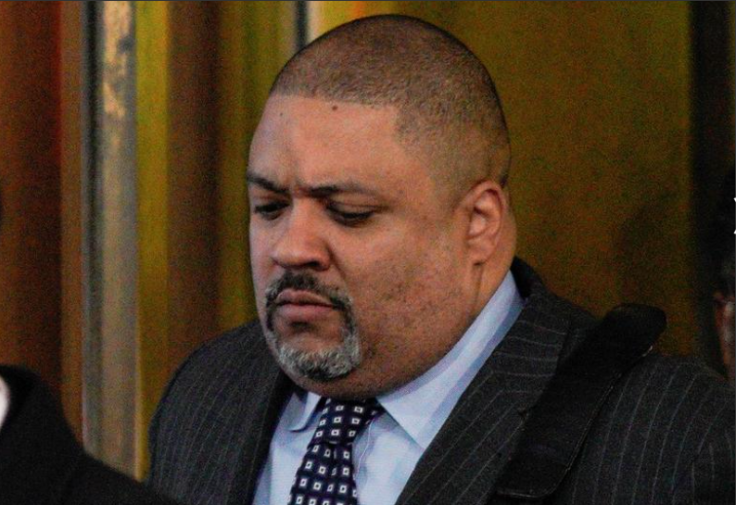
Reutes
“I got indicted after calling a legal expense a legal expense. I want to say it’s an embarrassment to New York,” Trump seethed.
“I would just like to explain that I was treated very unfairly, and I thank you very much.”
Prosecutor Joshua Steinglass said that the verdict in this case was “unanimous and decisive” and must be “respected.”
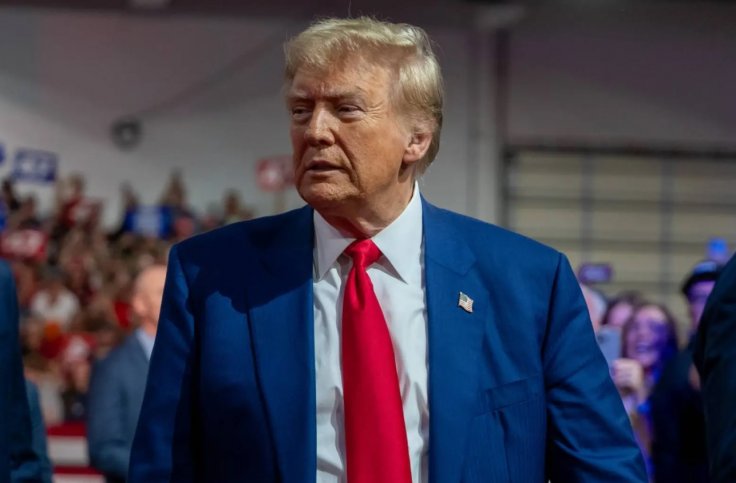
X
He went on to condemn the incoming president for using “dangerous rhetoric” throughout the trial, citing Trump’s threats directed at the judge and prosecutors.
“Such threats are designed to have a chilling effect, to intimate folks, who have a responsibility to enforce our laws…. Because they fear he is simply too powerful to be held to the same rule of law as the rest of us,” Steinglass said.
“Put simply, this defendant has caused enduring damage to public perception of the justice system and has placed officers of the court in harm’s way.”
Friday’s hearing followed a lengthy legal battle that reached a dramatic peak when Trump had to pause his campaign to attend the six-week trial.
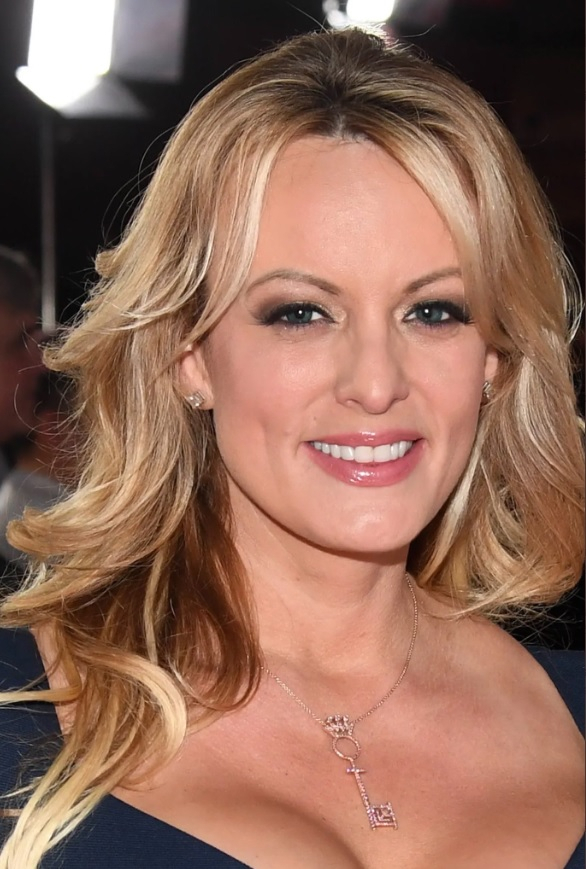
Trump appeared downcast at the defense table, with occasional bursts of frustration, as he listened to explicit testimony from Daniels, who revealed intimate details about their alleged affair during a celebrity golf event in Lake Tahoe in July 2006.
Bragg’s key witness was Michael Cohen, a disbarred lawyer and convicted liar, who had worked as Trump’s personal attorney for over a decade.
Jurors were presented with evidence showing how Trump, Cohen, and the National Enquirer collaborated to purchase and suppress negative stories, such as Daniels’ account of a brief sexual encounter and McDougal’s claim of a lengthy affair with Trump.
“What do we got to pay for this? One-fifty?” Trump told Cohen in a secretly made recording, appearing to reference a $150,000 payoff to McDougal.
The prosecution focused on evidence showing that in 2017, Trump falsified his company’s records to conceal Cohen’s $130,000 payment, which temporarily kept Daniels from discussing her alleged sexual encounter with Trump in 2006.
This payment was made just before the 2016 presidential election, as Trump was still grappling with the release of the infamous “Access Hollywood” tape, in which he boasted about groping women, Cohen told the jury.

“He said, ‘Absolutely. Do it. Take care of it,'” Cohen testified.
Cohen also admitted to repeatedly lying for Trump and even stealing $60,000 from him, but claimed he informed Trump in advance about the payment to Daniels because “I wanted the money back.”
Jurors reviewed 11 invoices, 12 digital ledger entries, and 11 checks to Cohen, many signed by Trump, all showing how the Trump Organization disguised Cohen’s reimbursements as fraudulent legal fees.
Trump chose not to testify but made frequent remarks in the courthouse hallway, denouncing the trial as a political attack orchestrated by Democrats.
He claimed, without offering proof, that the judge, jury, and even the courtroom’s “freezing” thermostat were all “rigged” against him.




